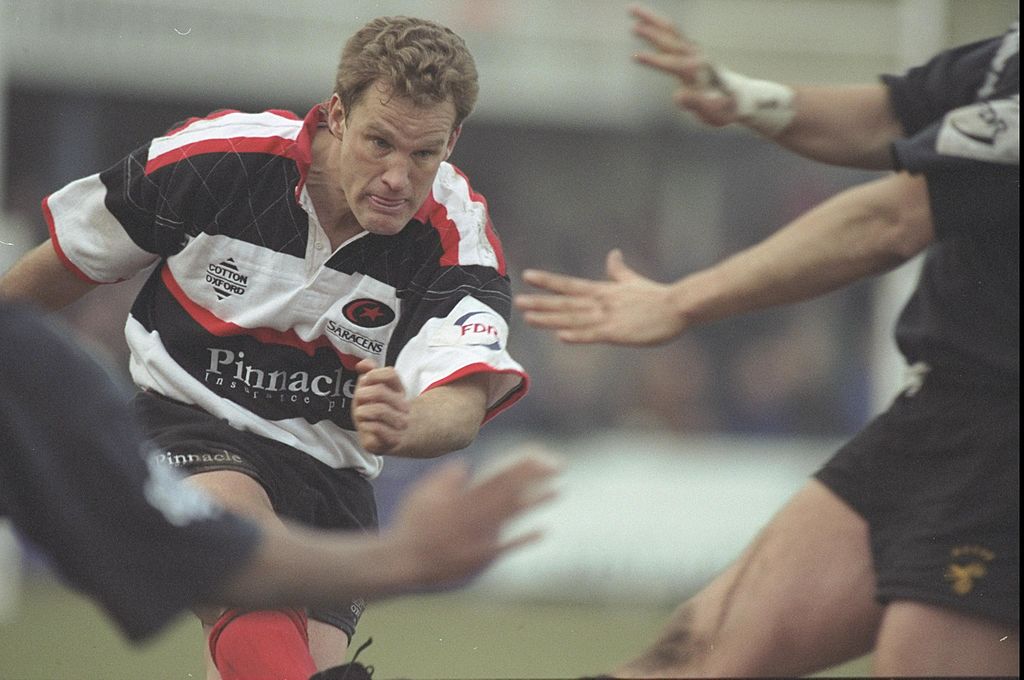
Former Australian legend Michael Lynagh believes fans should not rush into judgement about the impact of the reduction of the Premiership’s salary cap, speaking on The Rugby Paper Podcast this week.
Lynagh, who earned 72 caps for the Wallabies between 1984 and 1995, was arguably the Premiership’s first big-name international signing, joining Saracens as the game turned professional in 1996.
He reminisced about the day he signed for Sarries at a media launch held in a Café Rouge in Marylebone, as he spoke to then-owner Nigel Wray about the impact he believed the moment would have in shaping the newly professional club game in England.

“Nigel’s office was across the road and I remember being in there and as we reached the door to leave, I said ‘are you ready for this’.
“He asked ‘ready for what?’, and I replied ‘they’ll be a lot of people over there and I don’t think your life is going to be the same’.
“He was very understated, not in the public eye, just a city investor who did really well and stayed out of the limelight.
“He walked across the road into Cafe Rouge and went ‘oh my god’, and it certainly did change.”
Lynagh went onto be part of a superstar Saracens backline that also featured Kyran Bracken and Phillipe Sella, as the club moved into Watford’s 22,000-seater stadium Vicarage Road and immediately began building towards challenging for silverware.
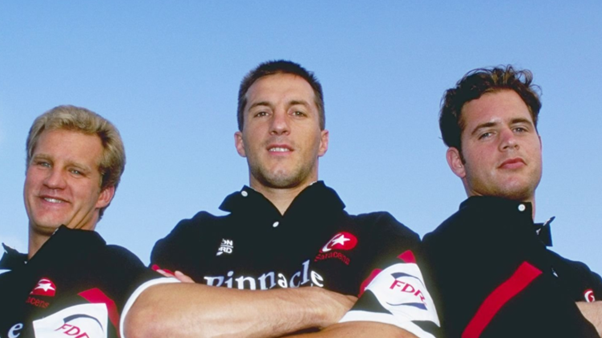
After a 6th-placed finish in the Premiership and quarter-final exit in the Pilkington Cup at the hands of Harlequins in 1996/97, they were boosted by the arrival of Francois Pienaar at flanker over that summer.
They were ultimately beaten to the league title by just one point the following season, in a race with Newcastle which came down to the final day in the pre-playoff era, but they crushed a Wasps team containing Lawrence Dallaglio, Simon Shaw and Joe Worsley 48-18 in the final to win the renamed Tetley’s Bitter Cup.
It was the dawn of a new era for the top division in England, one in which some of the best rugby players from around the world signed for the top teams in the league, resembling its football counterpart.
But despite unanimous agreement from the podcast’s guests that rugby’s Premiership now couldn’t be further from football’s Premier League in terms of the financial situations of the two leagues, Lynagh encouraged fans reserve judgement for what the impact of the salary cap reduction will be.
“This year we’ve yet to see what the reduction in the salary cap means.
“It probably means smaller squads and more reliance on younger academy members, who may be getting their opportunities in full Premiership games.
“That could be a good thing. From when you leave school to when you play at the top level, there has tended been a period of time where you don’t play a lot of games, and that’s a problem not just in England but elsewhere also.
“There have been some big signings this year, Handre Pollard for Leicester and Scott Sio for Exeter so let’s just wait and see.
“Everybody’s supposed to be on the same sort of [salary] level, and I though I’m worried about the finances of the league, I think the Premiership will be exciting again this year.”
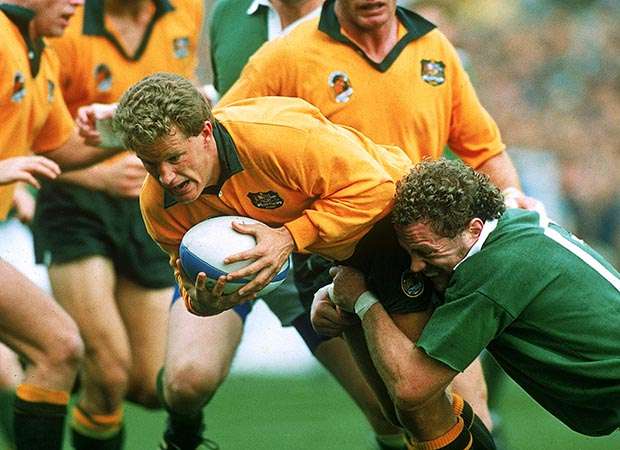
Another competition that Lynagh has found exciting has been this year’s Rugby Championship, and he thinks the tournament has benefitted from its unpredictably with all four sides now locked on two wins apiece.
“I’ve always said a monopoly is the worst thing in sport and New Zealand have probably had that over the last few years,” Lynagh said.
“It’s quite weird. You look at Australia and one week they win really well, and then the following week they’ll have a disaster. New Zealand are the opposite, one week they lose and then the next week they’re unbeatable, and I guess South Africa are the same.
“It’s a strange environment, and actually for the sport it’s not too bad, and that’s always a nice thing.”
For exclusive stories and all the detailed rugby news you need, subscribe to The Rugby Paper website, digital edition, or newspaper from as little as 14p a day.

1 Comment
You must be logged in to post a comment Login
Leave a Reply
Cancel reply
Leave a Reply
You must be logged in to post a comment.

Latest News
Super Rugby Americas: Round Ten Review

British and Irish Lions
British and Irish Lions: Biggest winners and losers from Andy Farrell’s selection

















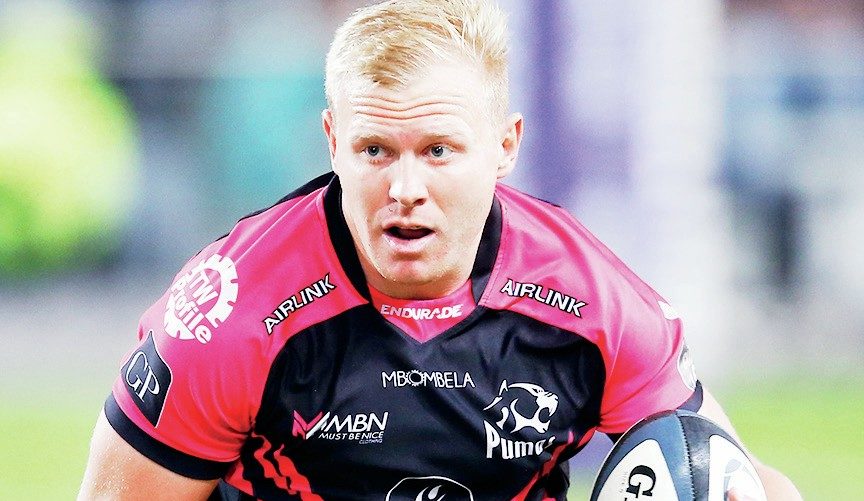
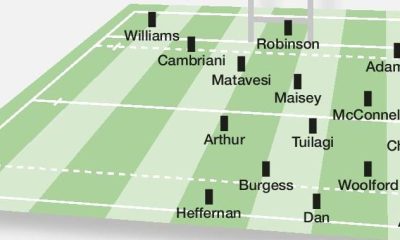



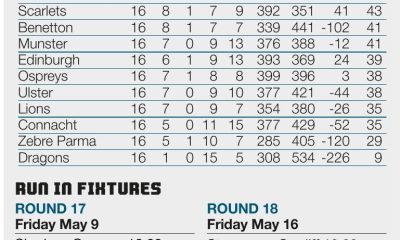

Pingback: LSM99 บาคาร่าเว็บตรง